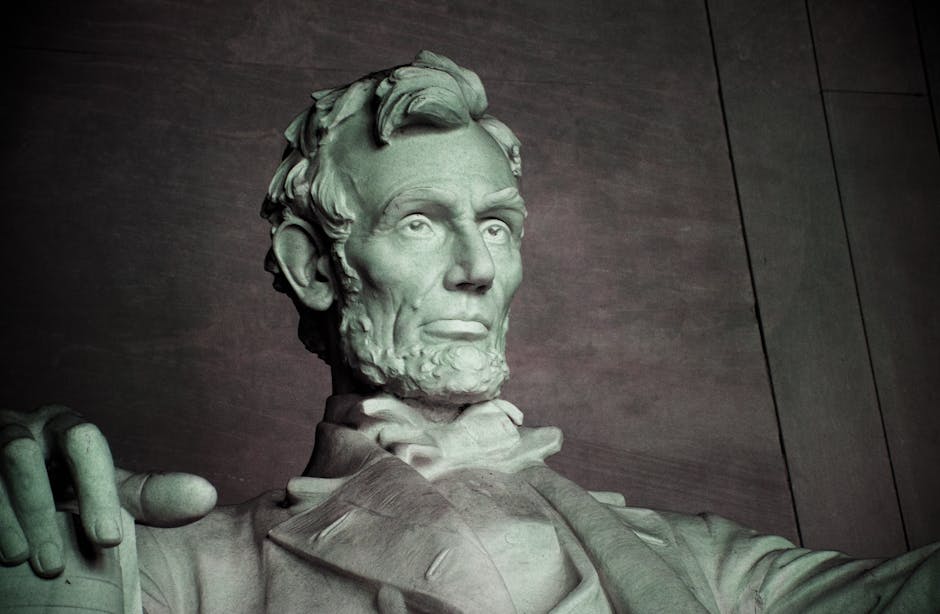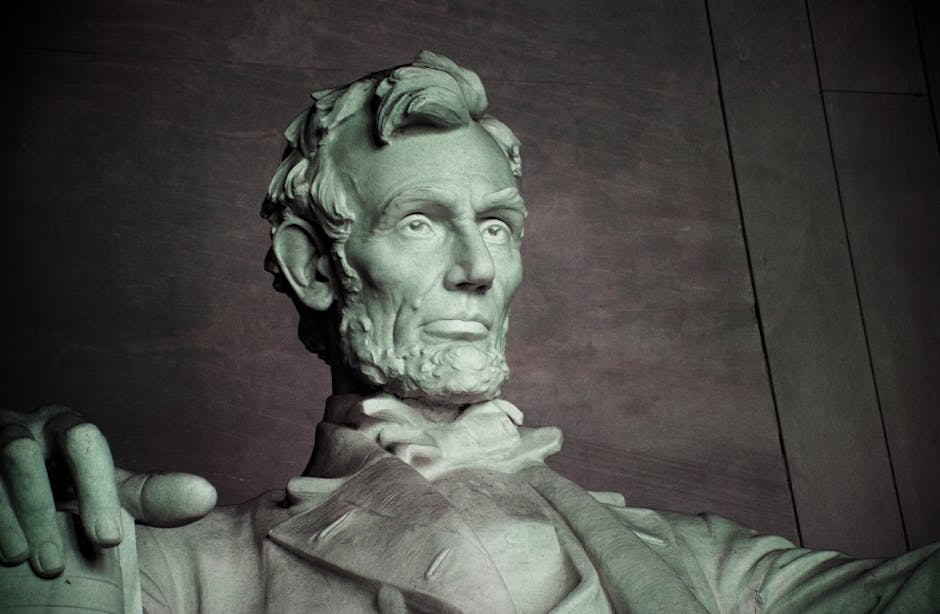South Korea’s Presidential Race: A Focus on the Economy

The presidential race in South Korea has officially begun, with the struggling economy taking center stage. The country’s economic woes, exacerbated by the COVID-19 pandemic, have become a key issue for the candidates vying for the top job. This focus on the economy presents a unique opportunity for investors to understand the potential shifts in South Korea’s economic policies and their implications on various sectors.
Why the Economy Matters
South Korea’s economy, the fourth-largest in Asia, has been grappling with issues such as sluggish growth, high youth unemployment, and income inequality. The pandemic has further strained the economy, leading to a contraction in 2020. The country’s economic health is crucial not only for its citizens but also for global investors who have stakes in South Korea’s vibrant technology, automotive, and manufacturing sectors.
Policy Proposals and Their Implications
As the presidential race heats up, candidates have started unveiling their economic policy proposals. These range from measures to boost domestic consumption and create jobs to plans for tackling income inequality and housing affordability. For investors, these policy proposals could signal potential changes in the business environment and investment landscape in South Korea.
For instance, if a candidate proposes to increase government spending to stimulate the economy, this could potentially benefit sectors such as construction, infrastructure, and public services. On the other hand, policies aimed at addressing income inequality could lead to increased taxation on corporations and high-income individuals, which could impact the profitability of businesses and the returns for investors.
Investment Opportunities and Risks
While the focus on the economy in the presidential race brings potential investment opportunities, it also comes with risks. Political uncertainty can lead to market volatility, as investors react to the policy proposals and their potential impact on different sectors. Therefore, investors need to closely monitor the developments in the presidential race and adjust their investment strategies accordingly.
Moreover, the outcome of the presidential election could have significant implications for South Korea’s relations with its major trading partners, including the United States and China. Any changes in trade policies or relations could impact the country’s export-oriented sectors, such as technology and automotive, and thus affect the returns for investors.
Summary
The focus on the economy in South Korea’s presidential race underscores the importance of understanding the potential shifts in economic policies and their implications for investors. While the policy proposals could bring investment opportunities in certain sectors, they also come with risks due to political uncertainty and potential changes in trade relations. Therefore, investors need to stay informed about the developments in the presidential race and be prepared to adjust their investment strategies accordingly.
